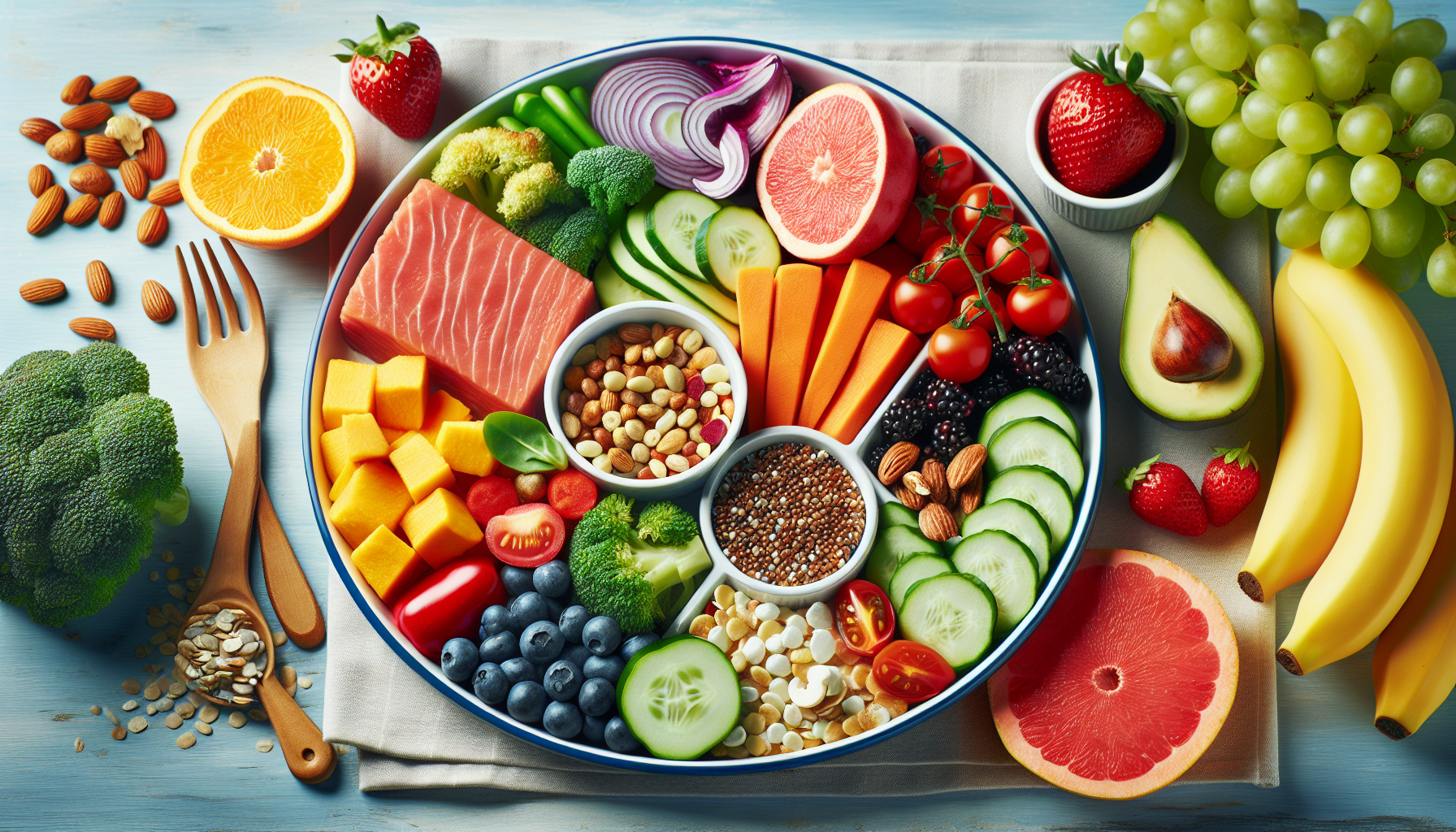A balanced diet is an essential cornerstone of good health and wellbeing. It involves consuming the right quantities of foods from all major food groups to maintain optimal nutrition. By ensuring that our bodies get the necessary nutrients, a balanced diet contributes significantly to improved health, increased vitality, and a better quality of life.
At the core of a balanced diet is the principle of moderation, which encourages the consumption of varied foods in the right proportions. This involves integrating carbohydrates, proteins, fats, vitamins, minerals, and water into your daily meals, each playing a vital role in supporting bodily functions.
Carbohydrates are the body's primary source of energy. They are found in foods like bread, rice, and pasta, and should constitute a large part of your daily intake. Proteins, found in meat, fish, beans, and nuts, are crucial for growth, repair, and maintenance of tissues. Healthy fats, like those found in avocados, olive oil, and fish, are vital for hormone production and brain function.
Vitamins and minerals, although required in smaller amounts, are equally important. They support a wide array of bodily processes, from enhancing enzyme activities to strengthening the immune system. Incorporating a variety of fruits and vegetables, rich in these micronutrients, can help ensure sufficient intake.
Furthermore, a balanced diet emphasizes the importance of fiber, which aids in digestion by promoting healthy bowel movements and keeping the digestive tract clean. Whole grains, fruits, and vegetables are excellent sources of dietary fiber.
The role of water in a balanced diet cannot be overstated. Staying hydrated is critical for digestion, nutrient absorption, and temperature regulation, among other functions. It's advised to drink enough water each day to support these essential processes.
Maintaining a balanced diet has numerous benefits. Firstly, it plays a significant role in disease prevention. By providing the essential nutrients your body needs, a balanced diet helps to lower the risk of chronic diseases such as heart disease, diabetes, and certain cancers. It also supports the immune system, making it more efficient at fighting infections.
Secondly, a balanced diet positively influences mental health. Nutrients like omega-3 fatty acids, found in fish, and antioxidants, present in fruits and vegetables, have been linked to reduced symptoms of depression and anxiety. A well-nourished brain is more capable of handling stress and maintaining mood equilibrium.
Energy levels and vitality receive a boost from balanced nutrition as well. By fueling the body with the right kinds of nutrients, individuals experience higher energy levels, improved concentration, and overall better physical performance in their daily activities.
Moreover, a balanced diet supports healthy weight management. By consuming a variety of foods and controlling portion sizes, it becomes easier to maintain a healthy weight. This is crucial not only for self-esteem but also for reducing the risk of obesity-related health issues.
Transitioning to a balanced diet requires some planning and consistency. Start by evaluating your current eating habits and identifying areas for improvement. Gradually incorporate more whole foods, reduce processed food intake, and pay attention to portion sizes.
In conclusion, the benefits of a balanced diet extend far beyond the physical aspects of health. It significantly contributes to mental wellbeing, disease prevention, and overall life satisfaction. By making mindful food choices, you pave the way towards a healthier, more vibrant life.
